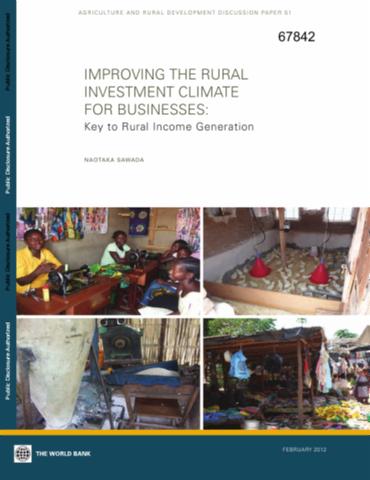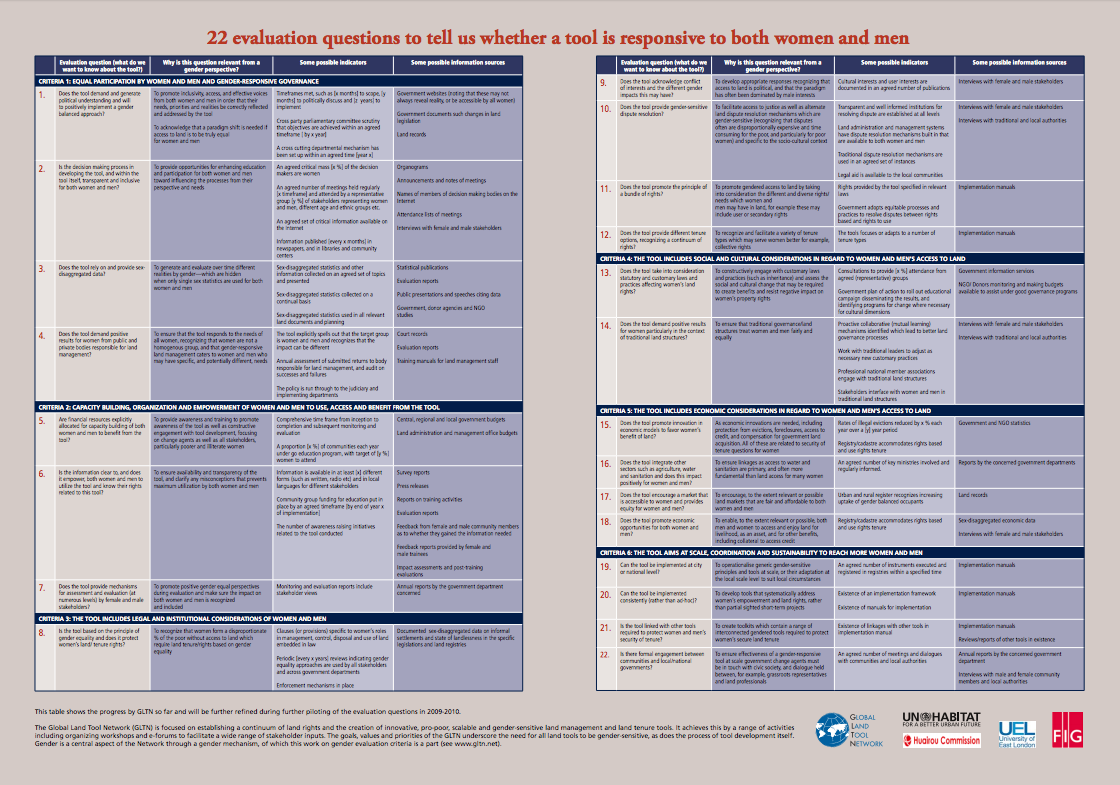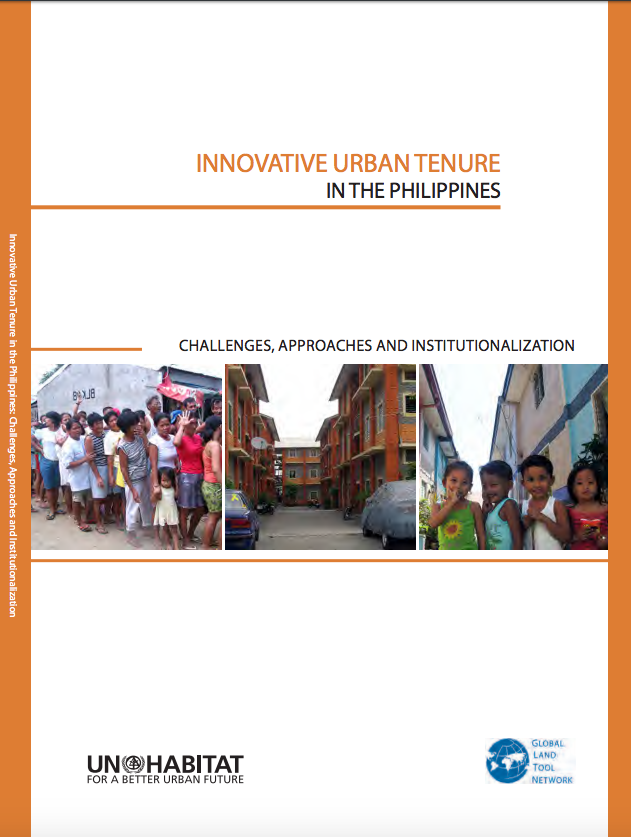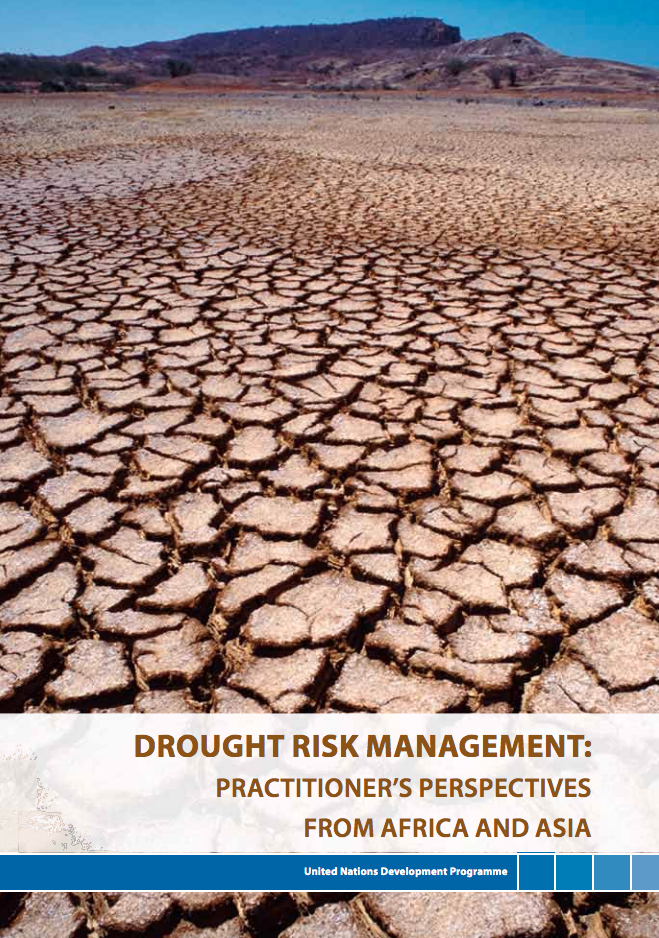Yemen, Republic of - Road Sector : Strategy Note
The Republic of Yemen has experienced
steady development in the recent past and its Gross Domestic
Product (GDP) per capita is approaching US$1,000. By many
aspects, Yemen is unique. It is still a rural country (with
more than 70 percent of the population living in the










